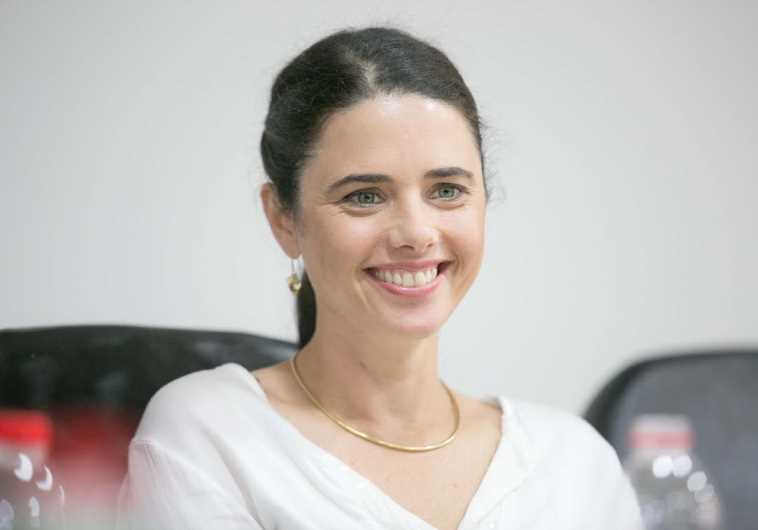First major victory for Shaked - ending state prosecutors strike
The state prosecutors started striking months ago against new oversight body.
 Ayelet Shaked holds introductory press conference at the Justice Ministry in Jerusalem(photo credit: NOAM MOSKOVICH)
Ayelet Shaked holds introductory press conference at the Justice Ministry in Jerusalem(photo credit: NOAM MOSKOVICH)